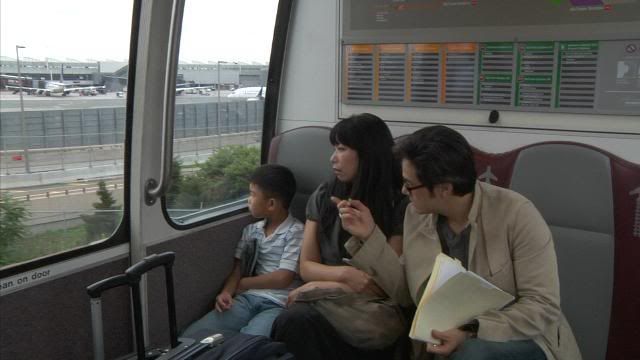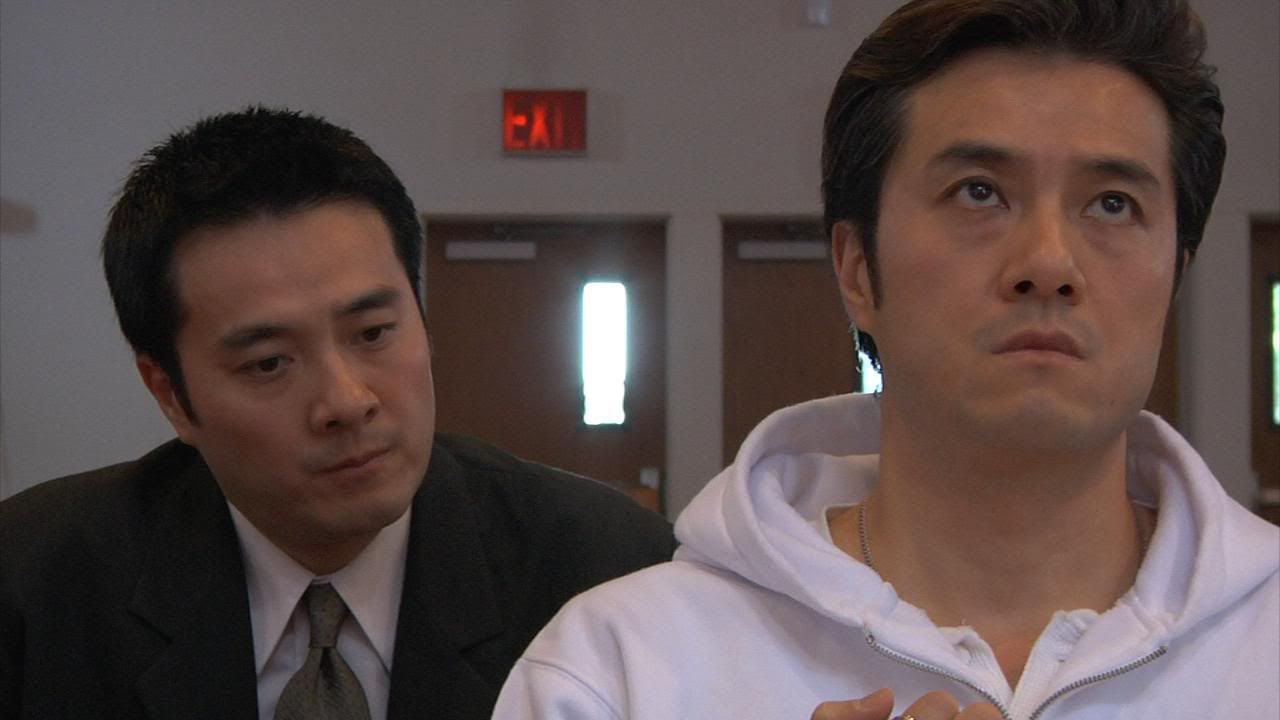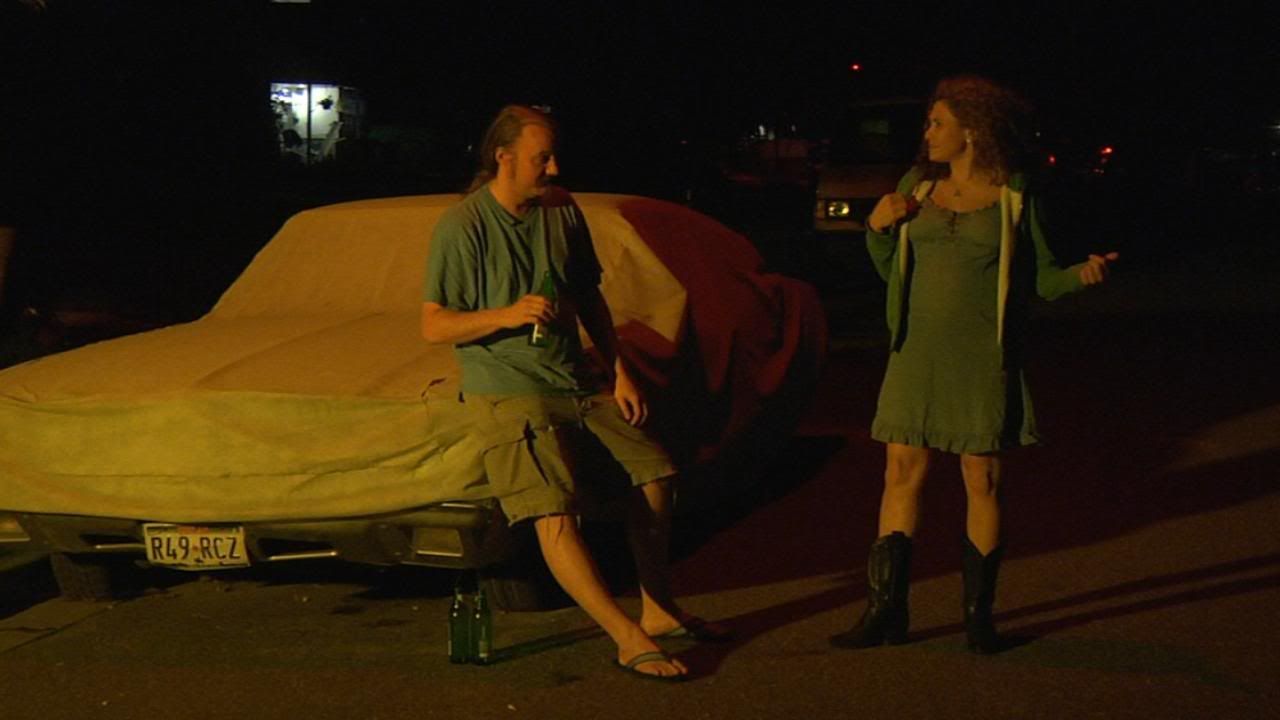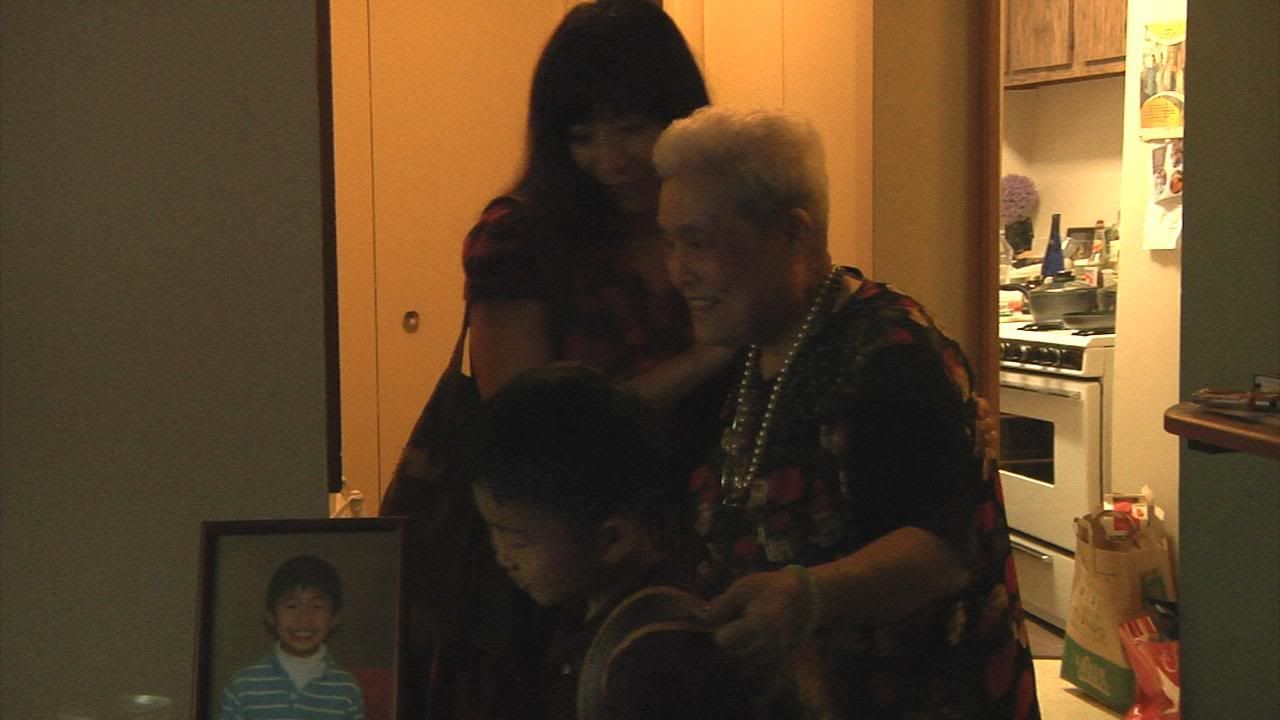The following is the Eighth in a series of on-set reports by producer Jeremiah Kipp on God’s Land, a feature film written and directed by Preston Miller. God’s Land will be viewable online exclusively at Fandor this weekend, Friday, October 27th – to Sunday, October 29th, Miller’s first feature, Jones is currently available on Fandor. The entries are reposted here with the kind permission of The House Next Door (who are re-posting the odd numbered entries of the production diary).
As a film shoot winds down it becomes hard to maintain the level of enthusiasm typical of early and big shoot days, especially when shooting some smaller interstitial scenes. Jeremiah’s Kipp 8th entry is a sign of that. It’s the home stretch. He’s content to detail the shoot, which includes a couple of more pesky nighttime outdoor shoots and one that doesn’t go so well in a car, it’s obvious the heavy lifting of production is over (though cables and equipment are heavy as ever). He says the light at the end of the tunnel is in sight, and the calm realization of that statement seems to permeate the entry. – Paul Meekin, Keyframe
Days Eleven, Twelve, Thirteen, Fourteen & Fifteen
We are over halfway through shooting God’s Land now—and seeing light at the end of the tunnel for some of our principal actors. All of the heavy domestic scenes involving the family inside their new Texas home have been completed, most of the cult scenes are also in the can. The biggest one remaining is a dialogue scene between Teacher Chen (Jackson Ning) and Xiu (Jodi Lin) with the other members in the background. There’s a series of scenes coming up involving a hotel that will be a little tricky. But this weekend, we’re doing a series of small catch-ups—an assembly line of tiny moments within the film.
On day eleven, we start out with an improvised scene inside a Chinese-speaking church out on Staten Island, which we secured through lead actor Shing Ka. It wasn’t even in the script, but Preston cooked up the idea of finding a random church and having the character talk to a priest. (eldiariony.com) Shing’s twin brother Lee, it turns out, is a pastor—and the idea of having Shing play a scene opposite someone who looks a lot like him grows on us. Preston has them create a scene where Shing’s character visits the church having a crisis of faith, and when the pastor approaches him, the conversation is about whether or not you’ve truly felt the call of God, and what to do if your family does not share your beliefs.
Lee sits one row behind his brother, and there’s a strange effect to the scene because of the uncanny resemblance between the brothers, as if Shing’s conscience is reaching out to him. Preston likes the scene very much, and feels like they’re grappling with the themes of the movie. Lee is modest about it, since he’s answering questions not in character, but as himself—he truly did hear the calling and is trying to help someone as he would in his real life role as a pastor.
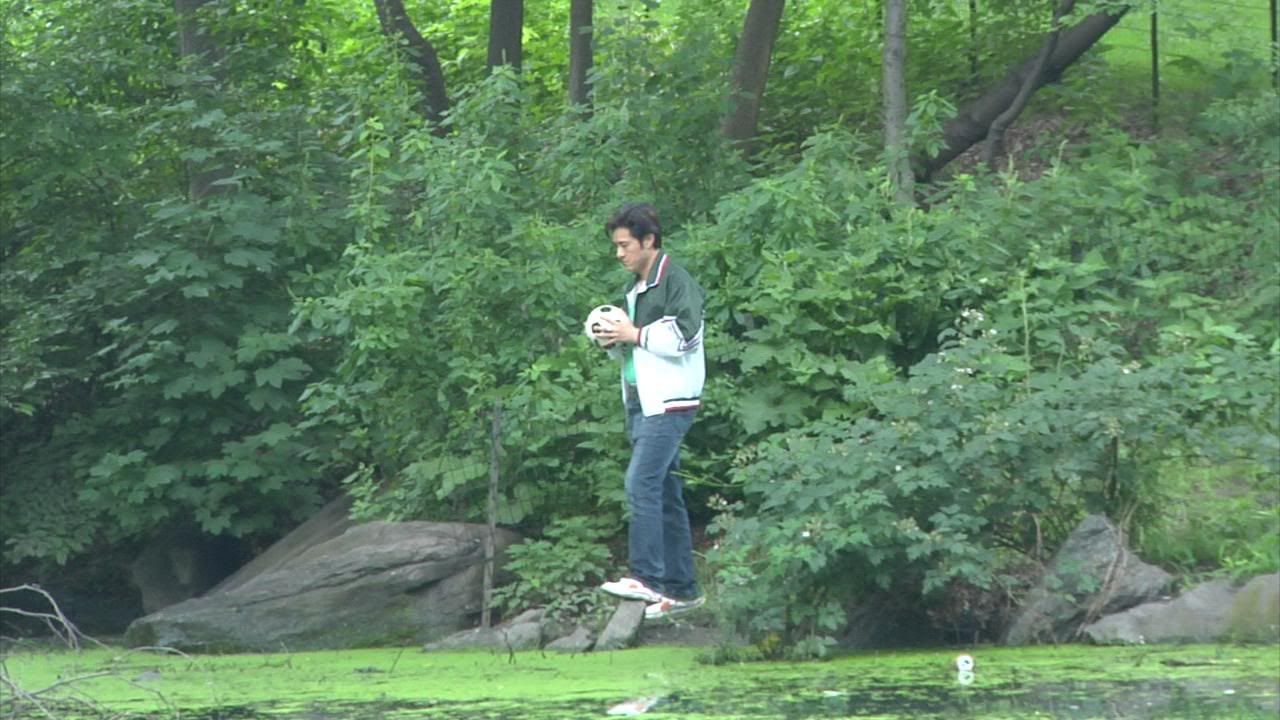


Gloria Diaz is a non-actor who auditioned for the project because she’s a friend of Shing and Nancy Eng (who plays Maggie), and she’s always been curious about being in the movies. She’s a natural, really—but that probably comes from her years of being a flight attendant, having to deal with a wide variety of people. I’m sure she’s better trained than most psychiatrists. As for acting, it comes easily to her because she’s relaxed in front of the camera. Some non-actors freeze up and need performances coaxed out of them, but Gloria responds well to Preston’s style, and he has a penchant for casting interesting people with a presence onscreen, regardless of whether they are professional actors or not. It’s always nice having her on the set, since she bubbles over with energy all the time and has a casual flirting way with Shing—they’ve been friends for twenty-five years or something.
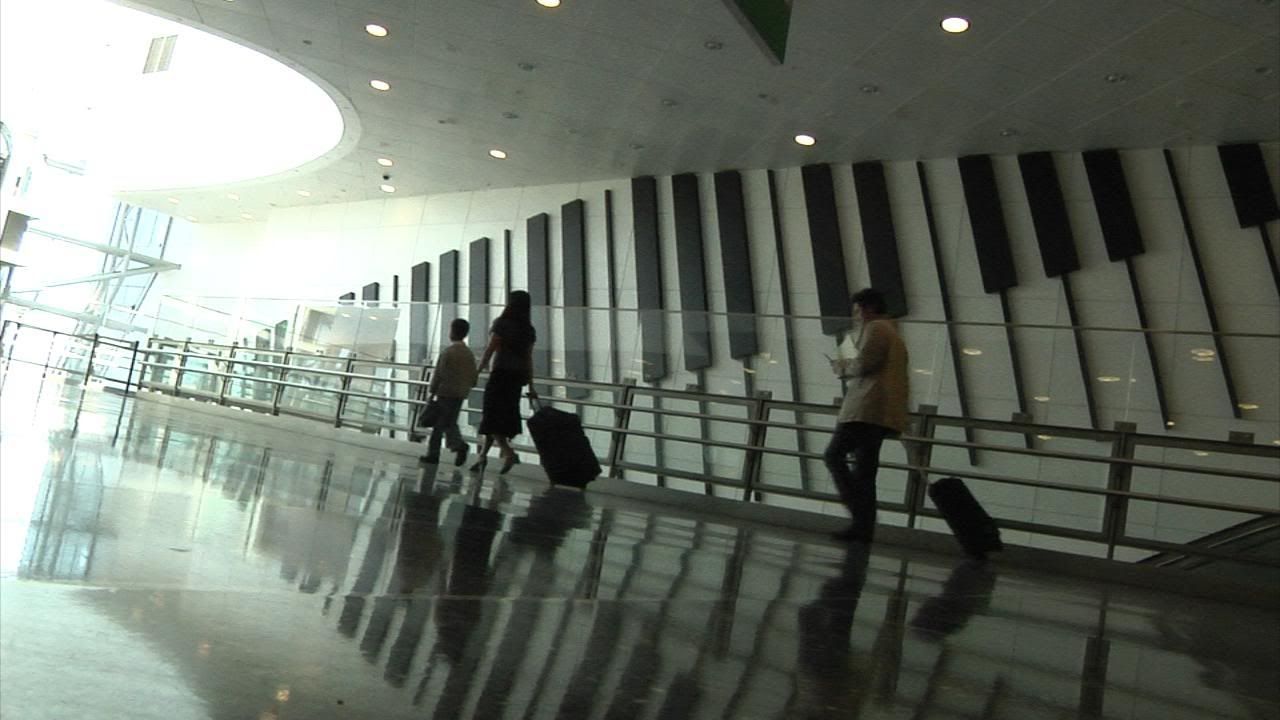
Speaking of family, on day fifteen we shoot extensively with Shing’s mother. She’s an older woman with striking white hair, ebullient and charismatic, and though she doesn’t speak much English she doesn’t have much trouble being understood. We’re all charmed by her, and I think Shing is delighted to have so many members of his family in the same movie with him. I have to leave early, so I miss the shooting of the climactic scene of the movie. “I’m very pleased with the final shot,” Preston tells me later. “I got Matthew on the balcony from different angles with his hand touching the sky—very evocative. I also shot an extended version where he sits up on the couch and walks to the balcony, kind of trance-like as if something was calling him out there, a la Dreyer’s Vampyr. Regardless, we have a beautiful ending shot.”

